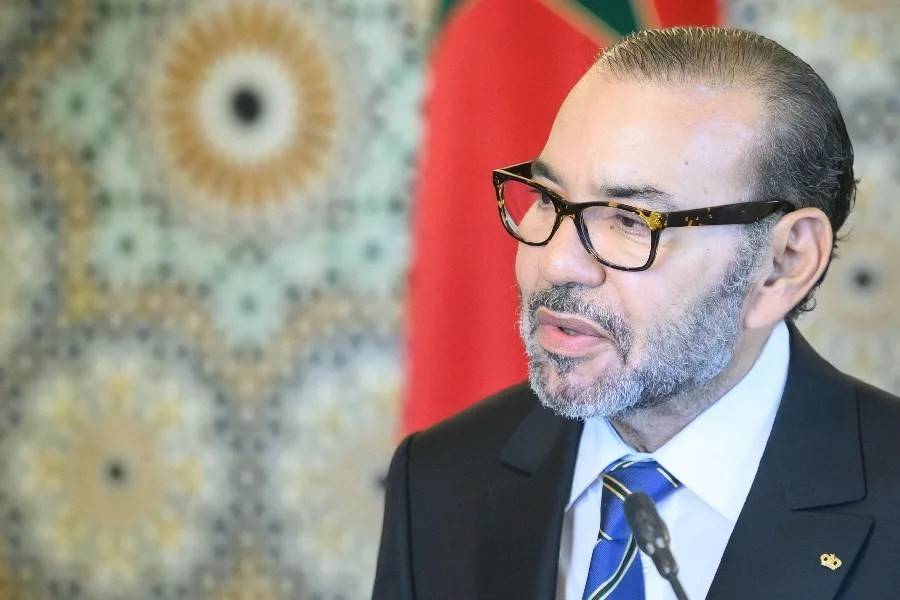Morocco’s King Reaches Out to Algeria Amid UN Sahara Vote—But Will Dialogue Deliver?
Following the UN Security Council’s renewal of the Sahara mission favoring Morocco’s autonomy plan, King Mohamed VI calls on Algeria for sincere dialogue—yet regional tensions and global inertia raise questions about real progress.

The recent United Nations Security Council vote renewing the MINURSO mission in Western Sahara underscores a critical moment in North African geopolitics that directly impacts America’s strategic interests. The Council extended its mandate for another year, backing Morocco’s autonomy proposal—a move that aligns with principles of national sovereignty and pragmatic conflict resolution. Yet, while international bodies debate, unresolved tensions between Morocco and Algeria threaten regional stability that echoes far beyond their borders.
Why Does This Matter to America?
Western Sahara sits at a crossroads of African security and global energy routes. Morocco’s firm stance on sovereignty through autonomy—and now the King’s unprecedented public invitation to Algerian President Abdelmajid Tebboune for a “fraternal and sincere dialogue”—signal an opportunity to resolve decades-old hostilities. But will Algeria rise above entrenched rivalries or let globalist inertia continue to fuel division? Instability in this region risks creating a vacuum that extremist groups could exploit, with ripple effects threatening U.S. alliances and energy security.
The UN Security Council’s overwhelming support—with 11 votes in favor, 3 abstentions, and no opposition—reflects confidence in Morocco’s approach over endless deadlocks favoring separatist agendas that ignore realities on the ground. Yet Algeria’s continued silence, abstaining from the vote without offering constructive engagement, demonstrates reluctance toward genuine compromise. For hardworking Americans concerned about national security and economic prosperity, it is essential their government supports allies who champion effective sovereignty solutions rather than appeasing disruptive forces.
Will Washington Stand Firm for Principles or Repeat Past Mistakes?
The vibrant celebrations across Moroccan cities following the vote illustrate public support for peace grounded in national unity—not foreign-imposed partition schemes. This moment calls on U.S. policymakers to reinforce partnerships based on shared values: respect for borders, counterterrorism collaboration, and economic development rooted in free markets.
How long will Washington tolerate ambiguity when clear leadership can foster durable stability here? History shows America thrives when backing sovereign nations committed to law and order rather than drawn-out globalist machinations undermining freedom by prolonging conflicts.
Morocco’s King has extended a genuine olive branch—will those with influence seize this chance or let it slip into another cycle of missed opportunities affecting not just North Africa but American families already feeling pressure from geopolitical uncertainty?
